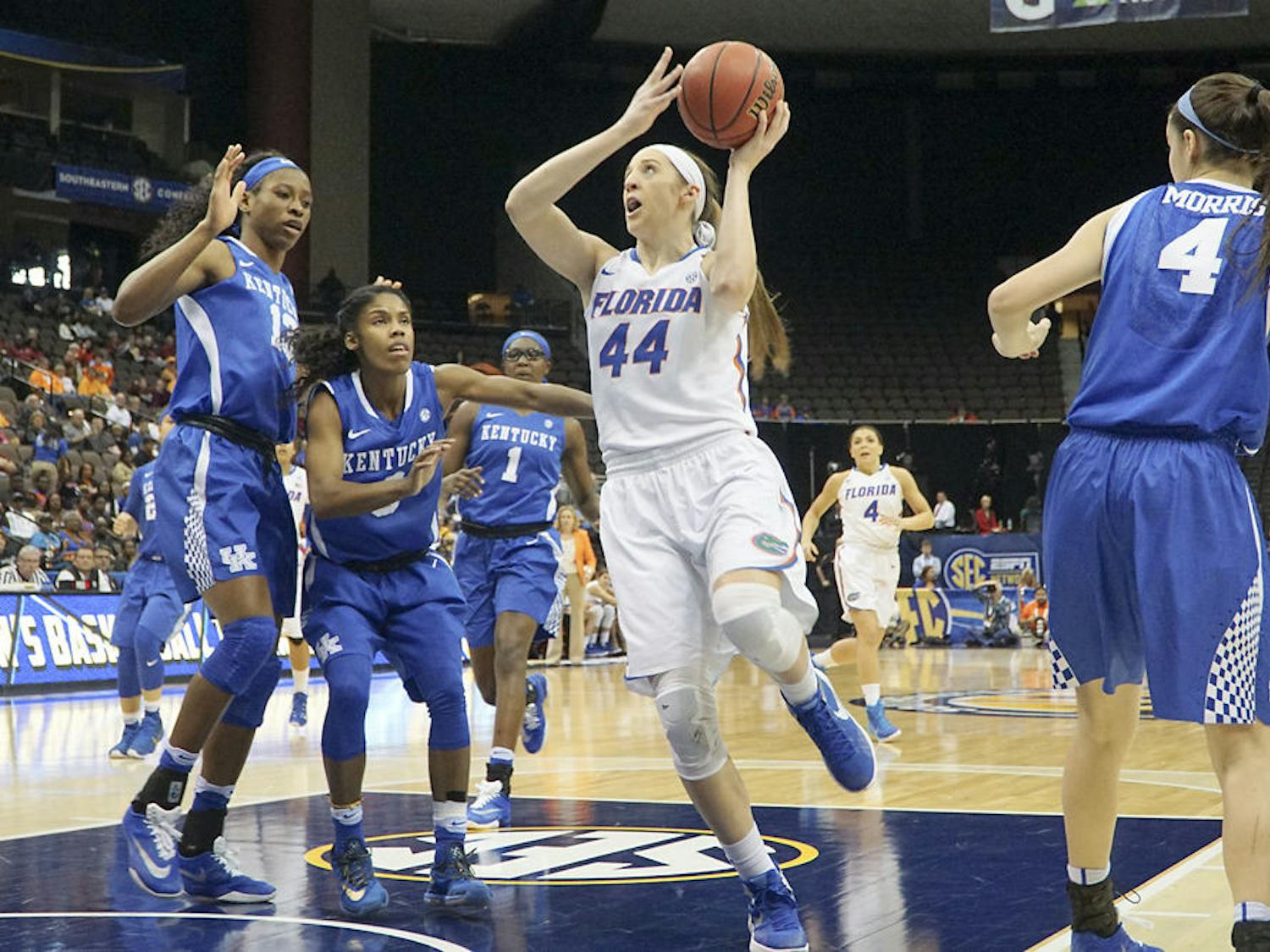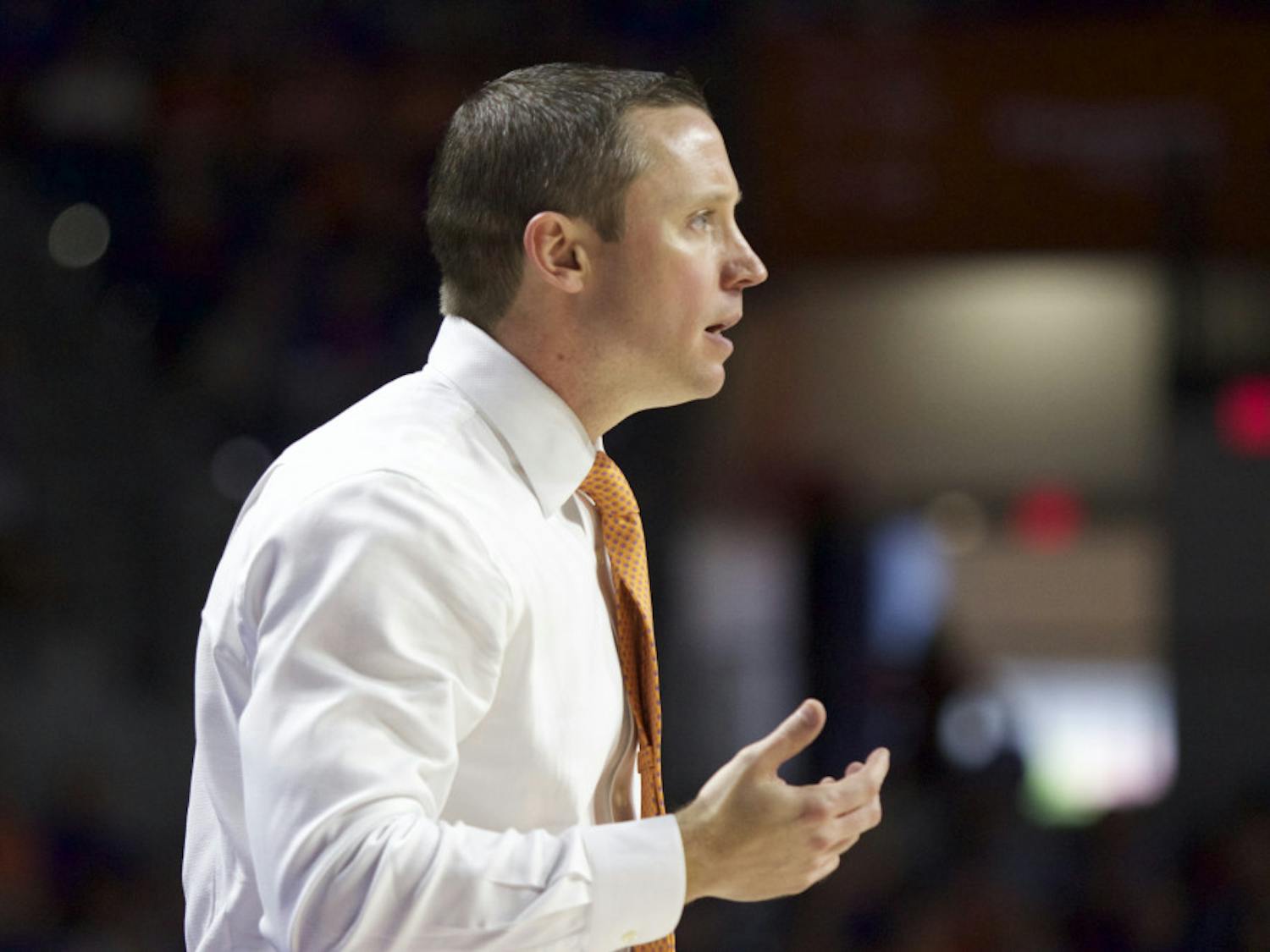UF alumnus hopes to be youngest to travel the world
By Romy Ellenbogen | Jan. 23, 2017At the age of 30, Dustin Pfundheller believes he will soon become the youngest American to travel to all 193 U.N. member states, all while working a full-time job.













